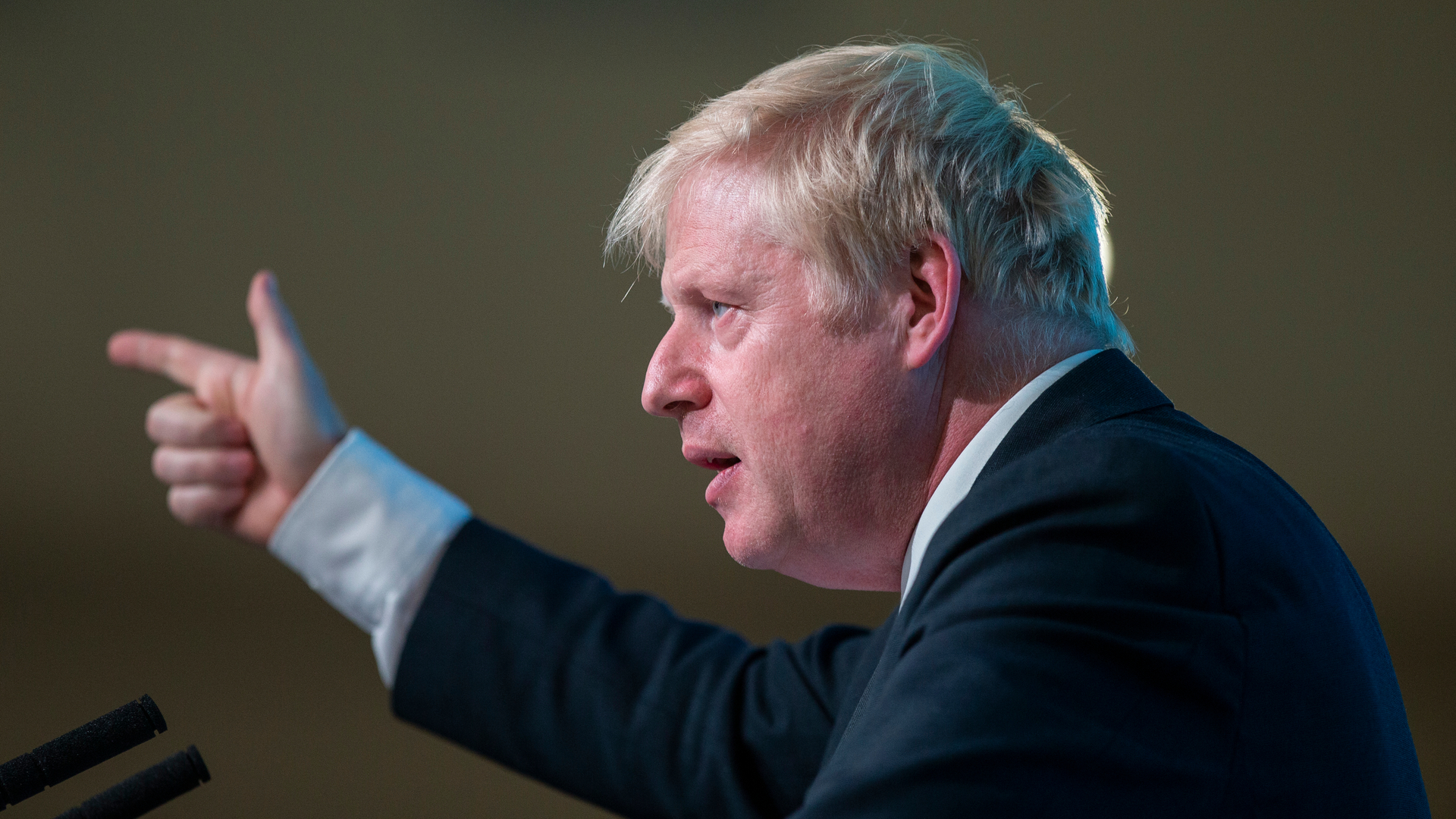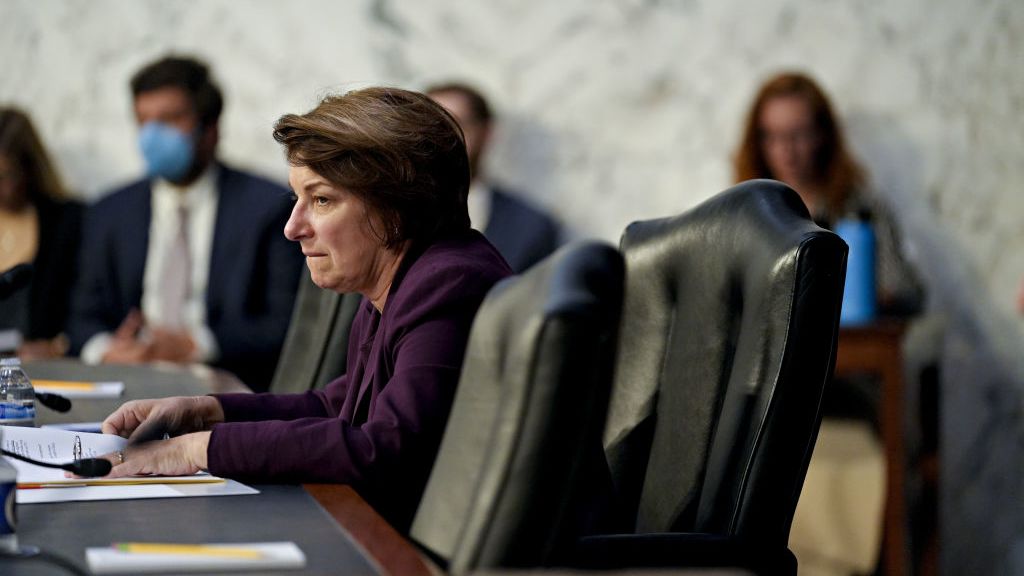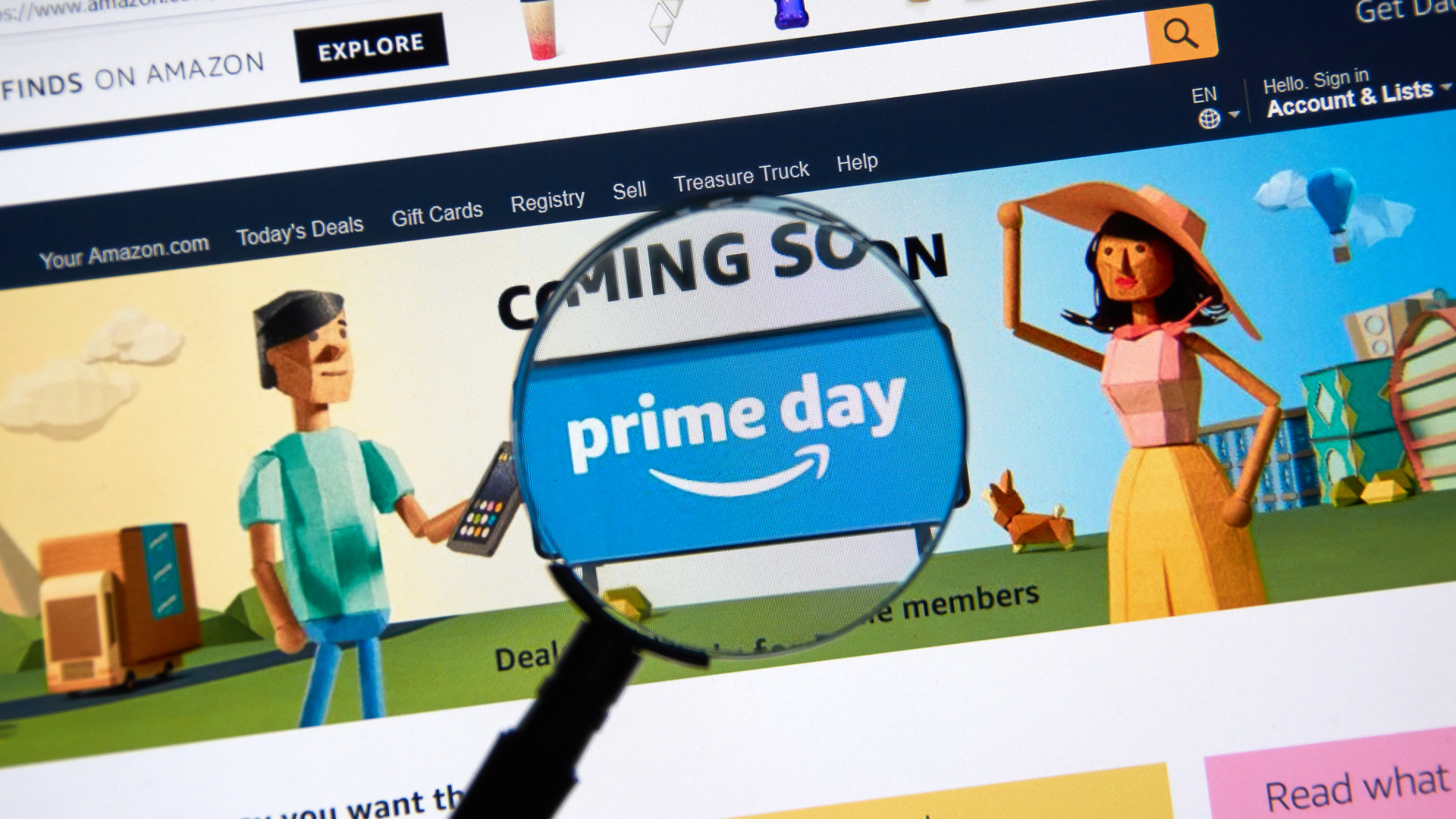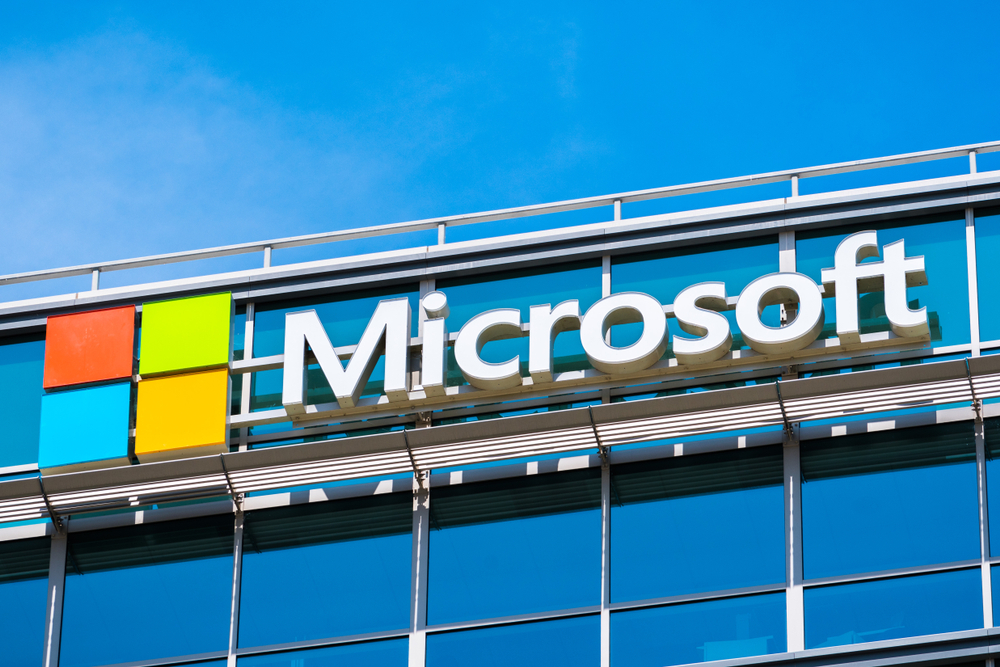Boris Johnson commits to UK tech tax despite US pressure
Trump warned this week that 100% tariffs would be slapped on French goods if its own tax plans went ahead


Plans to enforce a levy on the revenues of digital companies will go ahead if Boris Johnson wins the forthcoming election, despite Donald Trump's threats of retaliation over France's similar tax plans.
The digital services tax (DST), which imposes a 2% revenue tax on the biggest tech companies like Google and Facebook, is set to come into force from April 2020. It's similar in nature to the 3% levy introduced by the French government.
The prime minister has suggested this will go ahead as planned if he stays in power, despite the fact the US has indicated it would lash out with trading tariffs against countries that have implemented similar measures, like France.
The US announced on Monday that it may slap additional duties of up to 100% on $2.4 billion worth of goods exported from France if the tax went ahead, including cheese, handbags and Champagne.
Any tariffs against an EU member state, however, would also need to be applied to the entire trading bloc due to membership of the customs union.
"On the digital services tax, I do think we need to look at the operation of the big digital companies and the huge revenues they have in this country and the amount of tax that they pay," Johnson told BBC News.
"We need to sort that out. They need to make a fairer contribution."
Get the ITPro daily newsletter
Sign up today and you will receive a free copy of our Future Focus 2025 report - the leading guidance on AI, cybersecurity and other IT challenges as per 700+ senior executives
The pledge to commit to the DST has also been issued through the prism of the general election campaign, and is contained in the Conservative Party manifesto.
The Labour Party has also pledged to impose a version of the DST to pay for the running costs of its public full-fibre network, once it nationalises Openreach in order to lay down the broadband infrastructure.
The Liberal Democrats have pledged to "improve the DST, which suggests the levy could be higher, or even divided into several bands.
The levy, introduced by the chancellor under Theresa May, Phillip Hammond, applies to digital platforms delivering search engines, social media, and online marketplaces that generate more than £500 million per year in revenue. The measures are expected to raise £400 million in tax revenue by 2022/23.
Hammond said at the time the tax aimed to crack down on the "unsustainable and unfair" tax practices that have seen HMRC gather modest sums from tech companies despite gargantuan UK sales.
UK tech companies have since expressed concerns with the measures, with Tech London Advocates' founder Russ Shaw suggesting such a move could stifle entrepreneurialism and innovation.
Trade association techUK, meanwhile, claimed the levy would slow investment and raise consumer costs. The organisation is also concerned the tax would put its members at risk of retaliatory action by the Trump administration.
Trump suggested in July the US would investigate France's proposed tax on the basis it may unfairly target US companies. The plans involve a 3% tax on digital companies with revenues of more than €750m (£670 million), of which at least €25m (£22.4 million) is generated in France.
The EU had previously suggested proposals for a continental tech tax, pushed mainly by the UK, France and Italy, in order to recoup some of the taxation lost through the exploitation of loopholes and aggressive tax avoidance. The plans were dropped in March this year, however, with officials preferring to wait for the G20 group to implement wider tax reforms.

Keumars Afifi-Sabet is a writer and editor that specialises in public sector, cyber security, and cloud computing. He first joined ITPro as a staff writer in April 2018 and eventually became its Features Editor. Although a regular contributor to other tech sites in the past, these days you will find Keumars on LiveScience, where he runs its Technology section.
-
 Cleo attack victim list grows as Hertz confirms customer data stolen
Cleo attack victim list grows as Hertz confirms customer data stolenNews Hertz has confirmed it suffered a data breach as a result of the Cleo zero-day vulnerability in late 2024, with the car rental giant warning that customer data was stolen.
By Ross Kelly
-
 Lateral moves in tech: Why leaders should support employee mobility
Lateral moves in tech: Why leaders should support employee mobilityIn-depth Encouraging staff to switch roles can have long-term benefits for skills in the tech sector
By Keri Allan
-
 Governance, risk, and compliance is a major growth opportunity, but how will the market develop?
Governance, risk, and compliance is a major growth opportunity, but how will the market develop?Industry Insights As DORA, NIS2, and AI regulations shake up the compliance landscape, GRC could be a golden opportunity for the channel
By George Bonser
-
 Digital transformation & risk for dummies
Digital transformation & risk for dummiesWhitepaper Understand the risks to your digital business and accelerate your digital transformation
By ITPro
-
 Food and beverage traceability
Food and beverage traceabilityWhitepaper Understanding food and beverage manufacturing compliance and traceability
By ITPro
-
 Ensuring compliance with the National Bioengineered Food Disclosure Standard (NBFDS)
Ensuring compliance with the National Bioengineered Food Disclosure Standard (NBFDS)Whitepaper How food manufacturers can enhance traceability with technology to be compliant
By ITPro
-
 US antitrust bill nearing law faces fierce tech opposition
US antitrust bill nearing law faces fierce tech oppositionNews AICO seeks to limit the extent to which tech platforms can self-promote, and has drawn tens of millions of dollars in opposition from some of the largest tech firms
By Rory Bathgate
-
 Amazon's use of third-party seller data to be investigated by CMA
Amazon's use of third-party seller data to be investigated by CMANews The investigation follows an almost identical one currently being carried out by the European Commission after the company was previously charged over similar practices by the European authority in 2020
By Connor Jones
-
 Nine steps to IT audit readiness
Nine steps to IT audit readinessWhitepaper How technology can help win back your time and reduce IT risk
By ITPro
-
 Microsoft Purview rebrand aims to simplify data governance and compliance
Microsoft Purview rebrand aims to simplify data governance and complianceNews Tech giant merges 365 and Azure Purview data-governance services into a unified suite
By Bobby Hellard